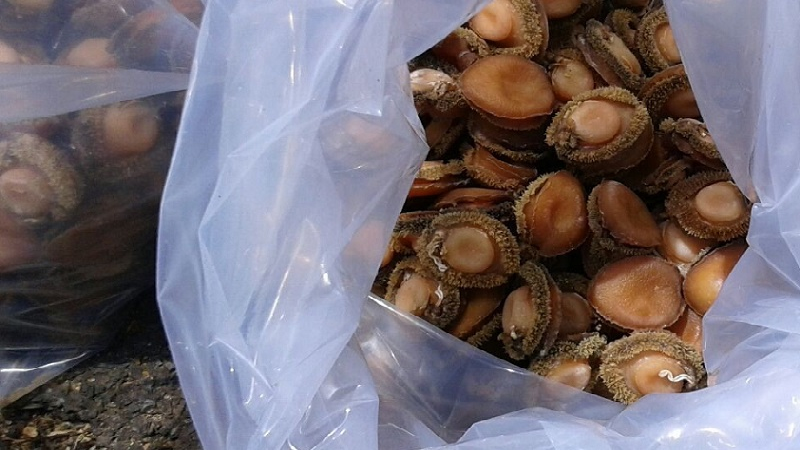The illegal trade and smuggling of South African abalone, or Perlemoen, has been described as an industry “probably worth close to a billion rand or more every year” by Traffic – a leading non-governmental organisation working globally on trade in wild animals and plants. Markus Burgener, the programme coordinator of Traffic, explained that the value of the illegal trade industry of abalone from South Africa is a significant factor in preventing its successful eradication by law enforcement and highlighted that the difficulty is exacerbated by the industry’s links to other forms of organised crime globally.
Traffic is an international conservation organisation that has been around for over 40 years and has had operations in South Africa for over 25 years. The organisation focuses on trades in wild plants and animals and monitors species that are impacted by trades – both legal and illegal.
Those confused by the popularity of abalone ought to look at the consumption and purchasing of the sea snail as a status symbol, more than an edible treat. Burgener likened its status symbol popularity to that of expensive caviar and other fancy, expensive and in-demand products.
“Abalone is a really high value status food item in Asia – particularly in China – but it’s also exported to Taiwan, Singapore and Japan. It forms one of the four key dried seafood high status products in China and Hong Kong in particular…
It’s something similar to the most expensive caviar or a really expensive wine or champagne…something you’d serve to your guests to show status,” he said.
According to Burgener, the abalone harvested from South Africa for illegal trade comes from a long stretch off the South African coast and is an endemic species – Sub-Saharan Africa has the only abalone species that has any commercial value and it only appears in South Africa.
He says the abalone is smuggled mostly into Hong Kong and gets distributed from there to other countries and areas. Abalone smuggling follows many different trade routes to ensure its arrival into the demanding countries as a means of bypassing all the checks and balances suspecting and alert authorities have put in place.
Despite the persisting illegal trade of the status symbol sea snail, Burgener insists that police officials try their best to ensure that the trade is effectively combated. He says law enforcement authorities put a lot of effort into the issue, try to understand it and try to crack the syndicates rather than to just arrest those directly accessible to them.
He added that the syndicates running these abalone smuggling rings are well linked to all other sorts of criminal activity and organised crime in various countries.
“On average, there’s an abalone bust almost every single day in South Africa…”
“The illegal trade industry is probably worth close to a billion rand or more every year. There’s a huge investment from poaching syndicates to keep the business going,” said Burgener.
The effects of abalone smuggling are further reaching than many might assume. While it is undoubtedly detrimental to South Africa’s marine ecosystems, it also has an adverse effect on the country’s economy.
The legal trade of abalone is directly harmed by the smuggling of abalone and weakens South Africa’s official abalone export industry. Furthermore, the legal trade of abalone is done primarily using farmed abalone, so as to not harm the natural ecosystems off South Africa’s coast.
The endangering – and potential extinction – of South African abalone will have a detrimental knock-on effect to the South African coastal ecosystem.
VOC






 WhatsApp us
WhatsApp us 

